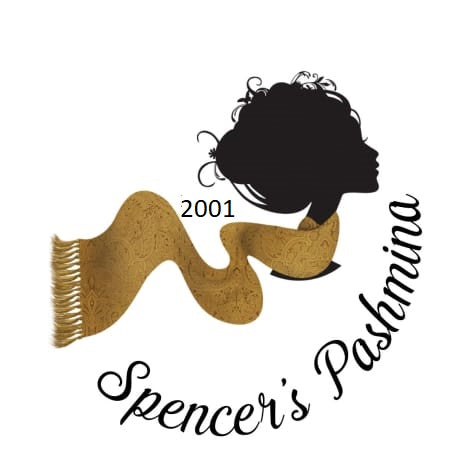Pashmina is a fine type of wool which is obtained from the hair of a breed of goats called as Changthangi goats. These are found in the high-altitude regions of the Himalayas, mainly in India, Nepal and Mongolia. The strands of unspun hair are twisted and spun manually to make the pashmina wool. This wool then woven on handlooms to produce one of the most popular and luxurious fabrics in the world. Pashmina fabric is known for its light weight, softness, warmth, and durability. Pashmina shawl, scarf, wrap, stole and sweaters are made from this fabric. These products are very much legal in the United States. There is no law banning the import or trade of pashmina products. As is the case with other products, there are laws and regulations regarding the labeling and marketing of pashmina products. The U.S. Federal Trade Commission (FTC) has strict labeling requirements. This is to ensure that consumers are not misled about the quality and origin of the fabric. Under these guidelines, any product labeled as "pashmina" must contain at least 70% cashmere wool from the Changthangi goats, which is the only animal used to produce genuine pashmina. Many manufacturers try to market inferior wool products as pashmina at lower prices. To protect consumers from such frauds, the FTC requires that any product containing less than 70% cashmere wool must be labeled as "wool" or "cashmere blend" but not "pashmina." Additionally, the United States Department of Agriculture (USDA) has regulations that require all imported animal-derived fibers to be certified as free of disease and safe for human consumption. Any pashmina products imported into the United States must meet these standards. In conclusion, pashmina is legal in the United States, but manufacturers and importers must follow strict labeling and certification requirements. This protects consumers from fraud. When buying pashmina, you should look for the label on pashmina shawls and wraps. It confirms the FTC and USDA requirements are duly met. This will ensure that you are getting genuine pashmina and not being misled or exposed to unsafe materials.
There is another type of pashmina with the name of “shahtoosh”. Trading of its shawls and wraps is not legal as it is banned worldwide. The wool of this product is obtained from the inner skin of the high altitude goats. The goats are killed solely for the purpose of extracting the wool. “Shahtoosh” shawls and wraps are very light in weight, soft and warmer than the legal pashmina shawl and wrap. These are far more expensive priced at one to three thousand dollars.
It is unfortunate that some traders continue to sell non pashmina shawls and wraps with labels such as viscose pashmina acrylic pashmina and the like. They happen to be violating the law and should be taken to task.

